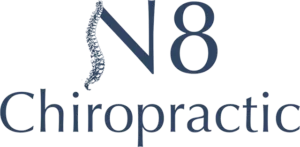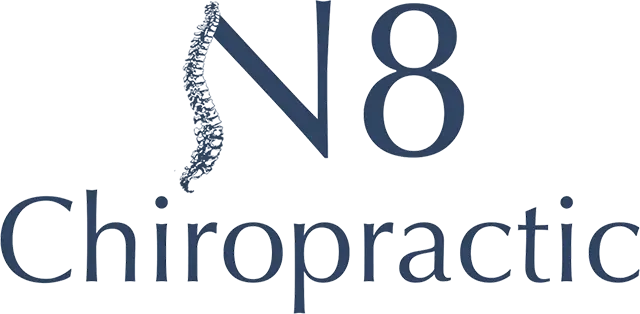Sciatica is a condition characterized by pain that originates in the lower back and travels down the sciatic nerve, which runs from the lower back through the hips, buttocks, and down each leg.
It is usually caused by compression or irritation of the nerve roots in the lower spine.
What Causes Sciatica?
There are several potential causes of sciatica, including:
- Herniated Disc: A herniated disc occurs when the soft inner core of a spinal disc protrudes through the tough outer layer, compressing the nerves near the spine.
- Spinal Stenosis: Spinal stenosis is a condition that causes the spinal canal to become narrower, putting pressure on the nerves in the lower back.
- Degenerative Disc Disease: As we age, our spinal discs naturally degenerate, leading to conditions like bulging discs, which can irritate the sciatic nerve.
- Piriformis Syndrome: The piriformis muscle, located in the buttocks, can sometimes irritate the sciatic nerve if it tightens or spasms.
- Spondylolisthesis: This condition occurs when one vertebra slips forward over the one below it, putting pressure on the nerves in the lower back.
- Trauma or Injury: Sciatica can also be caused by accidents, falls, or other injuries that affect the lower back or hips.
What are the Symptoms of Sciatica?
Sciatica can manifest differently in individuals, but common symptoms include:
Pain
The primary symptom of sciatica is pain that radiates from the lower back to the legs. The pain may vary in intensity, from a mild ache to a sharp, shooting sensation.
Numbness or Tingling
Some people may experience numbness or tingling along the path of the sciatic nerve, which can extend from the buttocks to the toes.
Muscle Weakness
Weakness in the affected leg or foot may occur, making it difficult to walk or perform everyday activities.
How Spinal Discs Are Involved in Sciatica?
Spinal discs play a crucial role in the development and management of sciatica. Here’s how:
Herniated Discs
When a disc herniates, it can compress the sciatic nerve, leading to pain and other symptoms associated with sciatica. The protrusion of the disc puts pressure on the nerve roots, causing irritation and inflammation.
Degenerative Disc Disease
As spinal discs degenerate, they can become thinner and less flexible. This can result in the discs losing their ability to cushion the vertebrae properly. Over time, this can lead to the development of conditions like bulging discs, which can also cause sciatica symptoms.
Seeking Relief: How Chiropractic Care Can Help
If you’re struggling with sciatica, seeking professional help is crucial. Chiropractic care, such as that provided by N8 Family Chiropractic, can offer effective solutions for managing the underlying causes of your pain. Here’s how chiropractors can help:
Spinal Adjustments
Chiropractors can perform targeted spinal adjustments to alleviate pressure on the sciatic nerve and restore proper alignment to the spine.
Therapeutic Exercise
Chiropractors often prescribe specific exercises to strengthen the muscles supporting the spine, promoting better posture and reducing the risk of further injury.
Lifestyle Guidance
Chiropractors can provide guidance on ergonomic changes, proper lifting techniques, and other lifestyle modifications to prevent aggravating sciatica symptoms.
Conclusion on Sciatica
Sciatica can significantly impact your quality of life, but with the right approach, relief is possible. Understanding the causes and symptoms of sciatica, particularly how spinal discs are involved, is key. If you’re experiencing sciatica symptoms, don’t hesitate to contact a chiropractor like N8 Family Chiropractic for expert care. Remember, it’s essential to address sciatica promptly to prevent further complications and regain control of your life!
Reference:
https://my.clevelandclinic.org/health/diseases/12792-sciatica
https://www.ncbi.nlm.nih.gov/books/NBK507908/
https://www.mayoclinic.org/diseases-conditions/sciatica/symptoms-causes/syc-20377435






